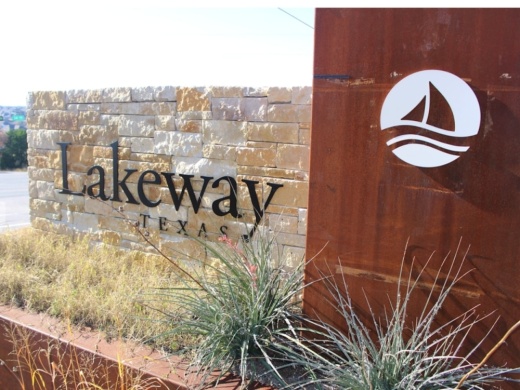The motion was carried 6-1, with Council Member Jennifer Szimanski opposed.
According to the staff report, the city has been working for about eight months with an engineering consultant to outline needed transportation projects in a bond proposition.
Several of the larger projects include improvements to the culverts on Lakeway Drive, as well as road resurfacing for Lakeway Drive and Lohmans Crossing. A detailed report of all the construction projects and cost analysis can be found on the City of Lakeway's transportation updates.
In terms of fiscal impact, City Manager Julie Oakley said the debt service incurred by the bond will be $1.179 million annually. This will also increase the city’s interest and sinking tax rate by 1.14 cents.
The increase in the I&S tax rate would increase the tax levy, or tax amount, the average homeowner in Lakeway pays by an estimated $6.58 per month, she said.
During the meeting, Mayor Pro Tem Gretchen Vance pointed out that, although the voters may authorize the use of the $17.5 million bond, the city does not have to issue the funds.
The city is currently considering a planned unit development—PUD—from Stratus Lakeway Center LLC, which owns a PUD called The Oaks. If the council approves the amended language of the PUD at the Sept.12 meeting, Stratus will be able to extend the main street from its current point at Medical Drive to the western border, which includes a bridge over Yaupon Creek. The amended PUD will also allow for space on the main street to be dedicated to the city for a park, and build 261 apartment units on the south side of main street and 28 townhouses on the north side of main street.
If the amended PUD for The Oaks goes into effect, the city will likely not need the full $17.5 million issued in the bond, as several of the improvement projects for the bond are on the main street, Vance said.
According to Oakley, the bond can also be issued in stages. For example, the city may choose to use $6 million for one project, and then use another $6 million months later for another part of the project, she said.
For long-term municipal bonds, the city also has years to use it, and the average bond does not mature for more than a decade, according to the U.S. Securities and Exchange Commission.
Voters will get a chance to decide whether they want the bond to be issued at the ballot box Nov. 8. Early voting will also be available in-person beginning Oct. 24.





